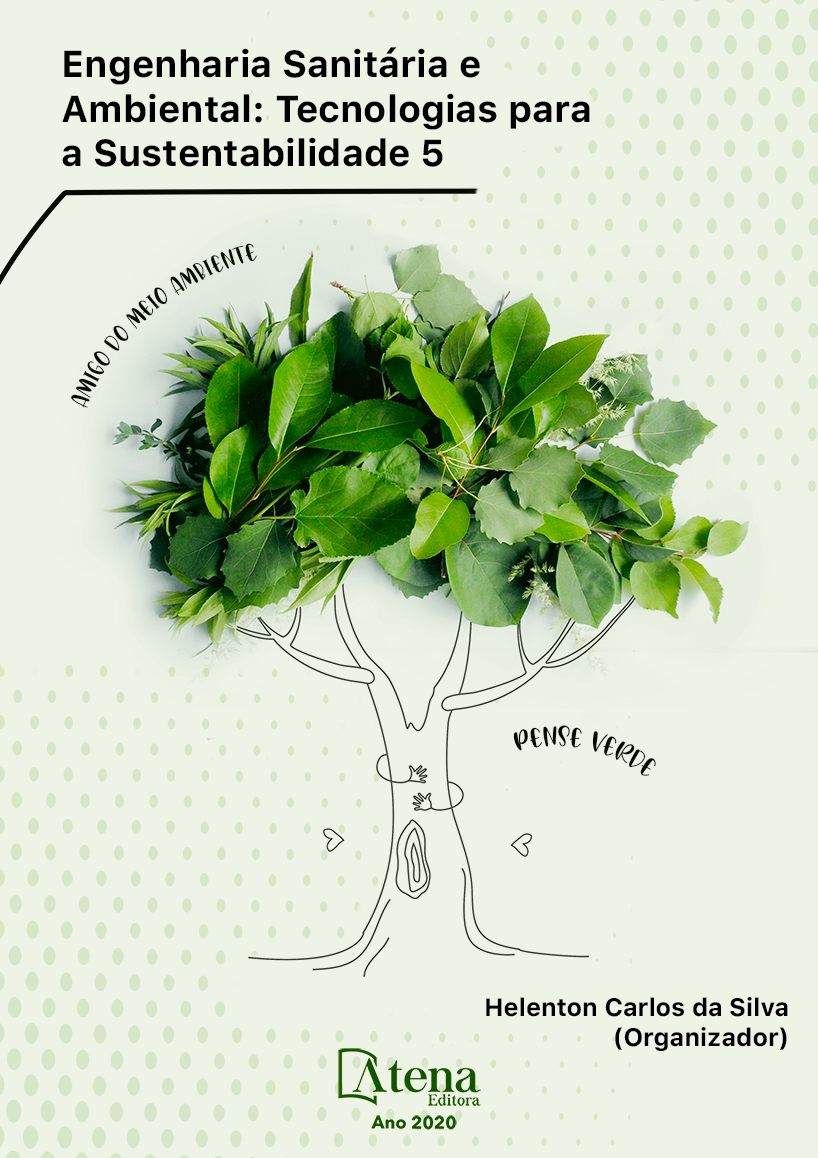
SOCIAL-ENVIRONMENTAL UNDERSTANDING OF THE INHABITANTS OF REVITALIZED GARBAGE DUMPS, FORTALEZA-CE, BRAZIL.
O estudo analisa a percepção dos moradores de comunidades das Zonas SER III e IV, em Fortaleza-CE, quanto à importância socioambiental da não proliferação de resíduos urbanos. Trata-se de uma pesquisa empírica qualiquantitativa, pautada em revisão bibliográfica e visitas in loco, realizadas de outubro a novembro de 2017, com aplicação de questionário. A percepção social e os danos ambientais causados pelo acúmulo de lixo foram analisados, buscando compreender os fatores que levam ao surgimento dos pontos de lixo e outros impactos socioambientais. A solução vem do esforço mútuo entre a comunidade e a prefeitura, com ações para recuperar a área e estímulos à conscientização ambiental. O ponto de vista socioambiental da comunidade, após a revitalização dos pontos de lixo, mostrou que muitos moradores apontam a importância da preservação ambiental, mas poucos tomam medidas para reduzir os pontos de lixo. Do total, 50% disseram conhecer a disposição final do lixo urbano, porém 50% não conhecem ou responderam erroneamente. Quase três quartos dos residentes enfatizaram a importância da prática da reciclagem, mas apenas metade contribui para a separação dos resíduos. A dinâmica socioeducativa foi aplicada por meio da elaboração e distribuição da cartilha ecológico-educacional, objetivando orientar e educar crianças e adultos à não contribuírem para a difusão do lixo urbano.
SOCIAL-ENVIRONMENTAL UNDERSTANDING OF THE INHABITANTS OF REVITALIZED GARBAGE DUMPS, FORTALEZA-CE, BRAZIL.
-
DOI: 10.22533/at.ed.57220010723
-
Palavras-chave: Lixo urbano. Gestão de resíduos. Educação ambiental. Impactos socioambientais. Espaço urbano.
-
Keywords: Urban waste. Waste management. Environmental education. Social and environmental impacts. Urbanspace.
-
Abstract:
The study analyzes the perception of the residents of communities in SER III and IV Zones, in Fortaleza-CE, regarding the socio-environmental importance of non-proliferation of urban waste. This is an empirical qualitative research, based on bibliographic review and on-site visits, carried out from October to November 2017, with questionnaire application. The social perception and the environmental damages caused by the garbage accumulation were analyzed, trying to understand the factors that lead to the appearance of garbage points and other social and environmental impacts. The solution comes from the mutual effort between the community and the city hall, with actions to recover the area and incentives for environmental awareness. The social and environmental point of view of the community, after the revitalization of garbage points, showed that many residents point to the importance of environmental preservation, but few take steps to reduce garbage points. Of the total, 50% said they knew the final disposal of urban waste, but 50% did not know or responded incorrectly. Nearly three quarters of residents emphasized the importance of recycling, but only half contributed to waste separation. The socio-educational dynamics was applied through the elaboration and distribution of the ecological-educational booklet, aiming at guiding and educating children and adults not to contribute to the diffusion of urban waste.
-
Número de páginas: 15
- Marcia Thelma Rios Donato Marino
- Matheus Cordeiro Façanha
- Vanessa Oliveira Liberato
- Clara D’ávila Di Ciero
- Ana Beatriz Sales Teixeira
- Ana Patrícia De Oliveira Lima
- Glenda Mirella Ferreira da Costa
- Pedro Victor Moreira Cunha


